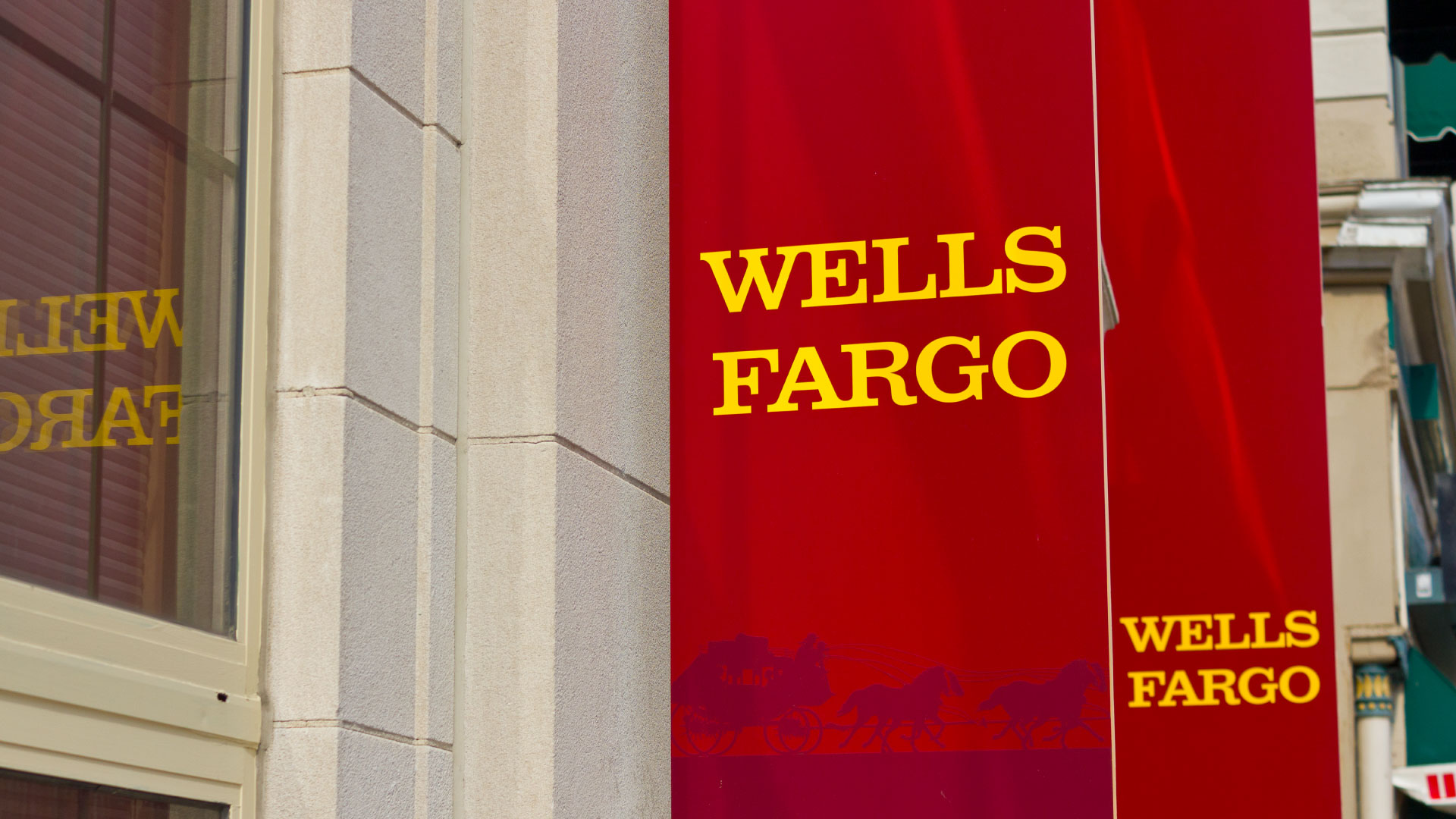
When Gamekeepers Turn Poachers
Radar examines what happens when compliance officers go rogue, and asks who’s guarding the guards?
In September 2021, the Securities and Exchange Commission (SEC) charged Jose Luis Casero Sanchez, Compliance Officer at Goldman Sachs, with insider trading.
As a compliance officer in the bank’s Warsaw-based control room, Sanchez had access to significant amounts of highly sensitive information regarding the bank’s upcoming transactions.
What is a Control Room?
The control room is primarily responsible for preserving the integrity of the bank’s information barriers by monitoring and controlling the flow of confidential information between the bank’s private side businesses (e.g. banking and corporate banking) and public side businesses (e.g. sales, trading, and research).
The SEC stated that between September 2020 and May 2021, Sanchez used his knowledge of these deals to trade on at least 45 separate occasions, allegedly making profits of US$471,000.
This is not the first time a compliance officer has been accused of insider trading. In fact, it isn’t even the first time this year that a compliance officer at Goldman Sachs has been accused of the offense.
In March, the FCA accused Mohammed Zina, an analyst in the Goldman Sachs conflict resolution team, and his brother Suhail, a solicitor at Clifford Chance, of making six trades based on information that Zina received in his capacity as an employee of Goldman Sachs, making a profit of £142,000 ($195,500). The two brothers are scheduled to appear in court in April 2022.
Mixing Business With Pleasure
Fabiana Abdel-Malek is perhaps the most notorious compliance officer to have been convicted of insider dealing. Whilst working as a compliance officer at UBS, Abdel-Malek gave trading tips on five separate occasions to Walid Choucair, a day-trader and friend of hers, about UBS’s upcoming deals.
Choucair would trade using contracts-for-difference (a contract between two parties, typically described as “buyer” and “seller”, stipulating that the buyer will pay to the seller the difference between the current value of an asset and its value at contract time), netting himself £1.4 million ($1,928,000) in profit between 2013 and 2014. The pair were convicted of insider trading and sentenced to three years in prison.
When It All Began
One of the earliest known instances of insider dealing by a compliance officer took place in 1997. Marisa Baridis was a control-group analyst at Morgan Stanley Smith Barney (since renamed to Morgan Stanley), and was responsible for managing the firm’s watchlist (in the same way that the control room does today). Baridis gave information on her firm’s upcoming transactions to Jeffrey Streich, a broker, in exchange for $2,500 per tip.
However, late in October, 1997 Streich and Baridis would have their last meeting when Streich went to their rendezvous wearing a hidden recorder. There was also a camera across the street that captured them sitting in the window of a restaurant. The tape showed Streich handing money to Baridis, and Baridis was charged with trading on inside information.
In the UK the first time a compliance officer was convicted of insider trading was in 2004, when Asif Butt, a compliance officer at Credit Suisse First Boston’s control room, provided information about the bank’s upcoming deals to old school friends, who placed spread bets on the movement of the share price.
On one occasion, Butt leaked information about the Royal Bank of Scotland’s upcoming takeover of Natwest, netting approximately £265,000 ($364,880) for himself and his friends. Butt and his four co-defendants, who claimed they had been duped, were convicted of insider dealing. Butt was sentenced to five years in prison, which was reduced to four after appeal, and his associates received sentences of between nine months to two years.
Breaking Bad
It is naive to assume that compliance officers are any more impervious to the usual motivations of excitement and easy profits. According to reports, Asif Butt used the profits he made from his insider trading to fund his gambling habit. When sentencing Butt, the judge said the former compliance officer was “driven by greed” and that he got an “enormous buzz” out of his insider dealing activities.
Although Abdel-Malek did not benefit financially from her involvement in Choucair’s trading activity, she was drawn in by the glamorous lifestyle of nightclubs and bottles
of Cristal. It is a universally acknowledged truth that compliance officers, whilst not underpaid, will never receive the generous remuneration of their front office colleagues.
In an industry where success is solely defined by monetary gains, it isn’t inconceivable that jealousy plays its part in tempting some compliance officers into redressing the balance.
The temptation of easy profit, combined with easy access to non-public information, is simply too irresistible for some. More research is required to determine whether the recent spate of cases is symptomatic of a wider trend or simply the result of a significant increase in the number of compliance officers in the industry since the global financial crisis in 2008.
Whilst compliance officers may not be immune to the temptations of insider trading, they should, however, be significantly more aware of the risks and tactics used by regulators to detect market abuse. It is perhaps this knowledge that leads to the belief that they have a better chance at beating the system.
Inside Knowledge
Unsurprisingly, compliance officers that go, rogue, often utilize their superior knowledge of investigatory techniques to try to evade detection. For example, Sanchez executed his trades through his parents’ trading accounts registered in the US and, in most instances, refrained from placing large trades, and made only modest profits in the belief he wouldn’t be identified.
Butt, meanwhile, used the code name “the walrus” in an attempt to avoid detection, while Abdel-Malek and Choucair used disposable SIM cards, and cheap “burner” cell phones, which they would change on a regular basis, to communicate. The trades were executed by Choucair through an account held in the name of a company incorporated in the British Virgin Islands with a trading address in Switzerland.
When sentencing Abdel-Malek, the judge pointed out that she was a gamekeeper who had used the knowledge she had gained from her employer to become “an efficient and accomplished poacher.”
Whilst compliance officers may feel that they are somewhat overlooked when it comes to the generous compensation enjoyed by the front office, they should know better than anyone that when it comes to insider trading no one gets overlooked by the regulator.







